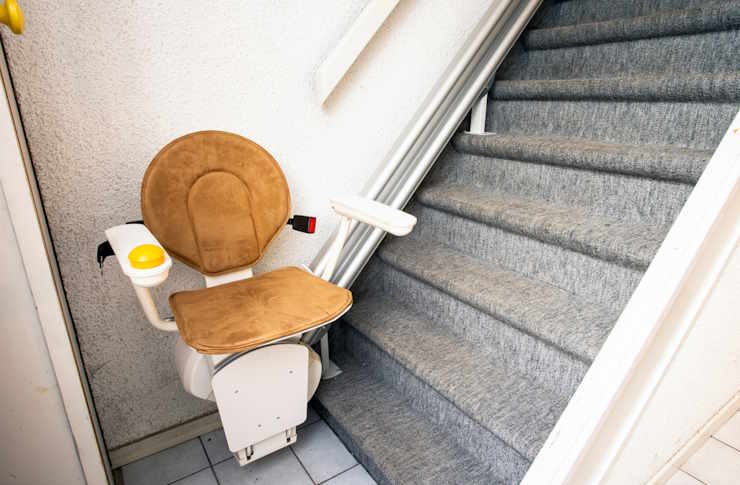Unlocking the Secrets to No Deposit Apartment Hunting
Navigating the rental market without the burden of hefty upfront costs is possible with our practical guide to finding no deposit apartments for rent. Delve into the essentials of no deposit rental agreements and discover how to locate these opportunities, equipping you with the knowledge to secure your next home with confidence.

What are no deposit apartments?
No deposit apartments are rental properties that don’t require tenants to pay a traditional security deposit upfront. Instead, landlords may use alternative methods to mitigate their risk, such as higher monthly rent, non-refundable move-in fees, or third-party guarantor services. This arrangement can make renting more accessible for those who struggle to save large sums of money for deposits.
How do no deposit rental agreements work?
No deposit rental agreements function similarly to standard leases, with the key difference being the absence of a security deposit. Landlords may employ various strategies to protect their interests:
-
Higher monthly rent to offset potential damages or unpaid rent
-
Non-refundable move-in fees to cover potential repair costs
-
Third-party guarantor services that provide financial protection to landlords
-
Stricter screening processes to ensure tenant reliability
Tenants should carefully review these agreements to understand their financial obligations and any potential trade-offs compared to traditional rentals.
Where can you find no deposit apartments?
Finding no deposit apartments requires some targeted searching:
-
Online rental platforms: Many websites now offer filters for no deposit rentals
-
Property management companies: Some specialize in offering no deposit options
-
Local real estate agents: They may have insider knowledge of such properties
-
Social media and community groups: These can be great sources for leads
-
Direct inquiries to landlords: Some may be willing to negotiate deposit terms
It’s important to note that availability may vary depending on your location and local rental market conditions.
What tips can improve your chances of securing a no deposit rental?
To increase your likelihood of approval for a no deposit apartment:
-
Maintain a strong credit score and rental history
-
Provide proof of stable income and employment
-
Offer references from previous landlords or employers
-
Consider a co-signer if your application needs strengthening
-
Be prepared to pay slightly higher rent or non-refundable fees
Remember, landlords offering no deposit options are taking on additional risk, so presenting yourself as a reliable tenant is crucial.
What are the pros and cons of no deposit apartments?
No deposit apartments offer both advantages and potential drawbacks:
Pros:
-
Lower upfront costs make moving more accessible
-
Easier to relocate without waiting for deposit refunds
-
Potential for lower overall move-in expenses
Cons:
-
Possibly higher monthly rent
-
Non-refundable fees may be required
-
Fewer options compared to traditional rentals
-
Potential for stricter approval criteria
In the United States, the availability and terms of no deposit apartments can vary significantly by state and city due to differing rental laws and market conditions.
How do costs compare between deposit and no deposit rentals?
When considering no deposit apartments, it’s essential to compare the overall costs with traditional rentals:
| Rental Type | Upfront Costs | Monthly Rent | Additional Fees |
|---|---|---|---|
| Traditional | $1,000 - $2,000 deposit | $1,200 - $1,500 | Varies |
| No Deposit | $0 - $500 move-in fee | $1,300 - $1,600 | Possible monthly fee |
Prices, rates, or cost estimates mentioned in this article are based on the latest available information but may change over time. Independent research is advised before making financial decisions.
While no deposit apartments may have higher monthly rents, the reduced upfront costs can make them an attractive option for many renters. However, it’s crucial to calculate the total cost over the lease term to determine which option is most financially beneficial for your situation.
In conclusion, no deposit apartments offer an alternative path to renting that can be particularly beneficial for those struggling with upfront costs. By understanding how these agreements work, where to find them, and what to consider, prospective tenants can make informed decisions about whether a no deposit rental is the right choice for their needs and financial situation.




